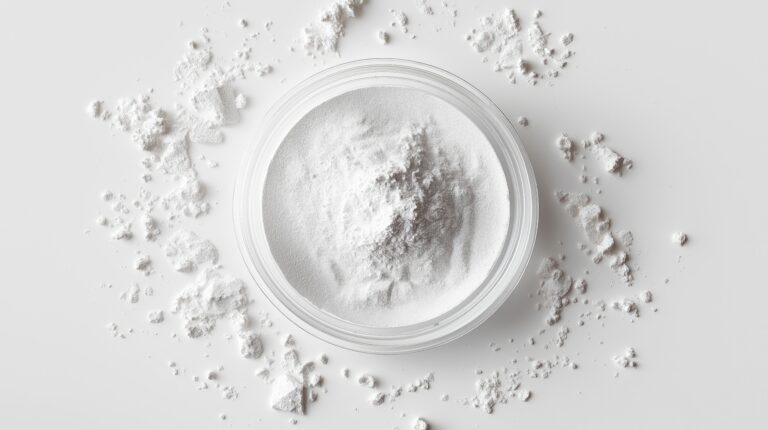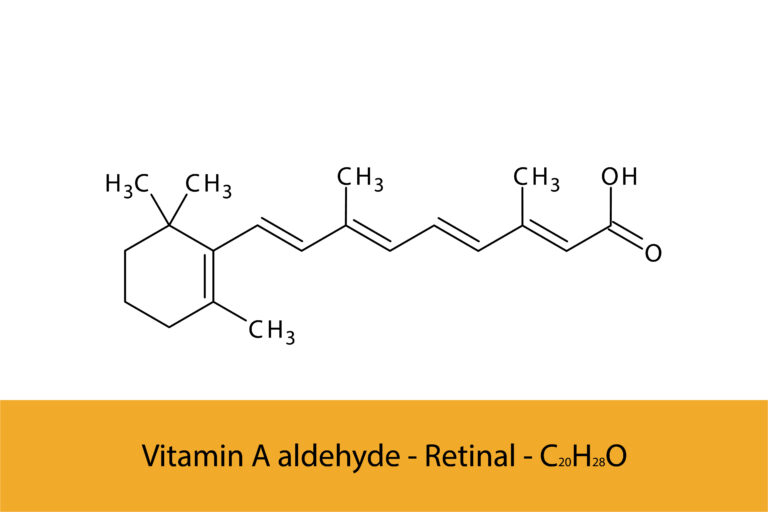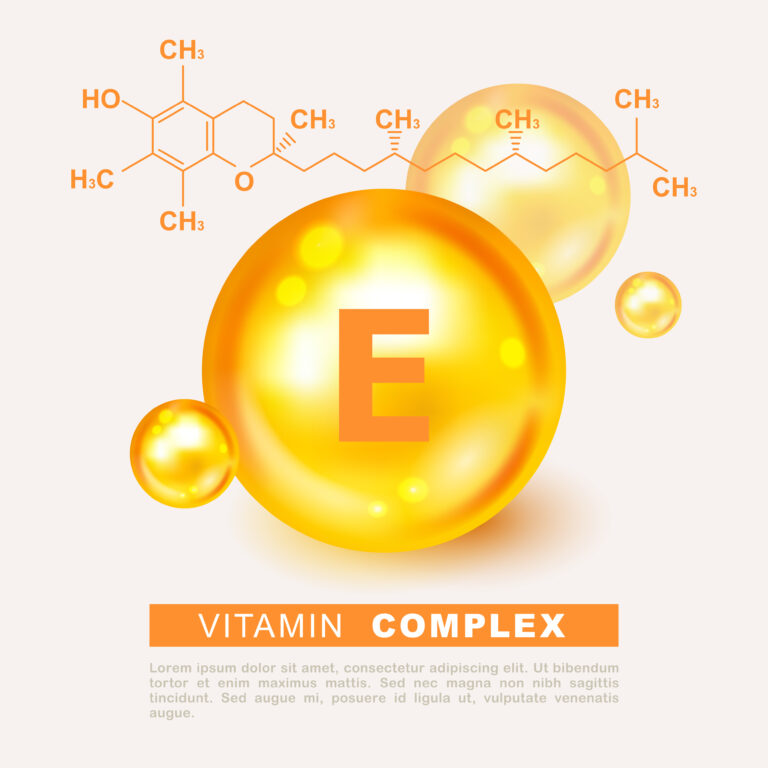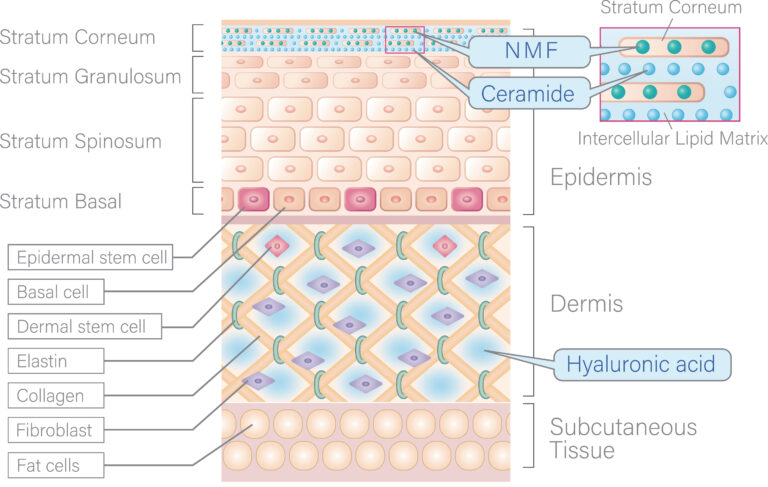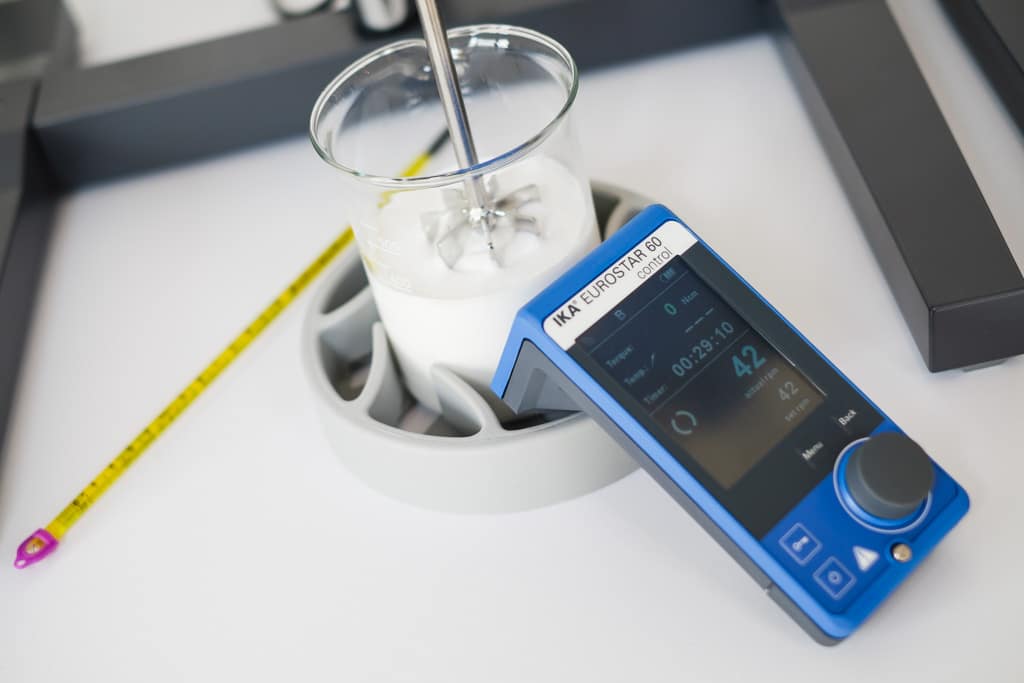Cosactive MF0508 – natural preservation, effective protection
The development of safe and skin-friendly preservation systems is one of the greatest challenges in modern cosmetics. With Cosactive MF 0508, Cosactive offers an innovative active ingredient system that has been specially developed for the preservation of water-in-oil emulsions (W/O). Cosactive MF 0508 combines effectiveness, naturalness and tolerability, setting it apart from traditional preservation systems.…
Cosactive OlusOil – Skin care at its best
A 100% skin-friendly sensory additive star Cosactive OlusOil is a multifunctional emollient consisting of 100% vegetable triglycerides. It leaves the skin feeling velvety soft, spreads easily and offers a modern, plant-based alternative to classic mineral oils. Moisture galore – without irritation! The oil has a strong moisture-retaining effect, reduces transepidermal water loss (TEWL) and thus…
Cosactive raw material management
Cosactive raw material management solves your problems, because in recent years, the cosmetics industry in Europe has been confronted with drastic price increases for raw materials. Surcharges of 60–80 % are no longer an exception, which poses immense challenges for many manufacturers. In order to remain competitive in this dynamic market, innovative and safe solutions…
Cosactive Retinal is a powerful retinoid for modern skincare
What is retinal? Cosactive retinal, also known as retinaldehyde, belongs to the vitamin A family and is a direct precursor of retinoic acid. It is a highly active form of vitamin A that is particularly valued in cosmetic formulations because it is very effective but at the same time better tolerated by the skin than…
Cosactive Toco Power – innovative vitamin E protection for skin
Antioxidants are indispensable in modern cosmetics. They not only protect the skin from oxidative stress, but also prevent formulations from spoiling. Cosactive Toco Power is an innovative active ingredient that combines the power of natural vitamin E with a skin-active derivative, thus offering a double benefit. What makes Cosactive Toco Power special? Cosactive Toco Power…
CosactiveNMF is the modern answer to skin hydration
An intact moisture balance is crucial for healthy, plump skin. This is where CosactiveNMF comes in: an innovative moisturising complex that mimics the skin’s natural moisturising factor (NMF). As a blend of carefully selected humectants, CosactiveNMF provides intense hydration, strengthens the skin barrier and leaves the complexion feeling noticeably smoother. Physicochemical characteristics of CosactiveNMF Form:…
Cosmetic CDMO Germany – Rethinking Contract Manufacturing
The cosmetics industry is fast-moving, innovation-driven and highly regulated. Brands are under constant pressure to launch new products more quickly while meeting the highest quality and safety standards to stay competitive on a global level. This is precisely why more companies are turning to a Cosmetic CDMO rather than a traditional contract manufacturer. A modern…
Cosmetic Formulation Company Is Key to Modern Cosmetic Manufacturing
The cosmetics industry is fast-moving, innovation-driven and highly regulated. Brands are under constant pressure to launch new products faster while meeting strict quality, safety and regulatory requirements in order to remain competitive on a global scale. This is precisely where a cosmetic formulation company adds decisive value, offering far more than just manufacturing. From contract…
Cosmetic ingredients for menopause – skincare for a transformative phase of life
Menopause and perimenopause mark a profound change in the body – and especially in the skin. As oestrogen levels decline, the skin’s barrier function, moisture retention, elasticity, density and overall reactivity change. Many women report dryness, tightness, redness, pigmentation changes, loss of firmness and a dull complexion. Modern formulations focus on targeted cosmetic ingredients for…
Cosmetic safety assessment
Introduction Cosmetic safety assessment is the crucial step in ensuring that cosmetic products are safe for consumers. It is enshrined in law in the EU Cosmetics Regulation (EC) No. 1223/2009 and requires that every product be assessed by a competent person before it is placed on the market. This assessment covers not only the ingredients, but…


